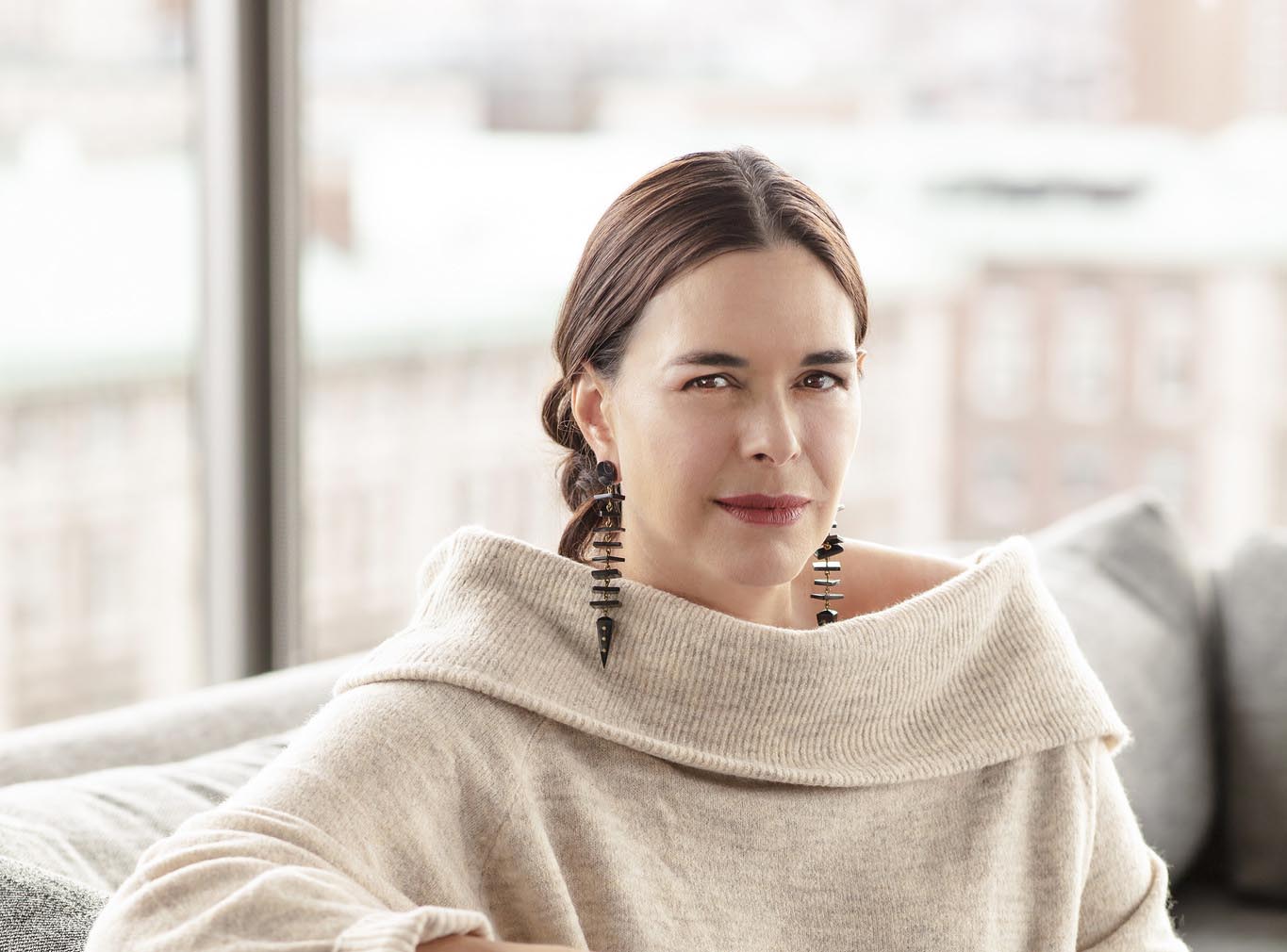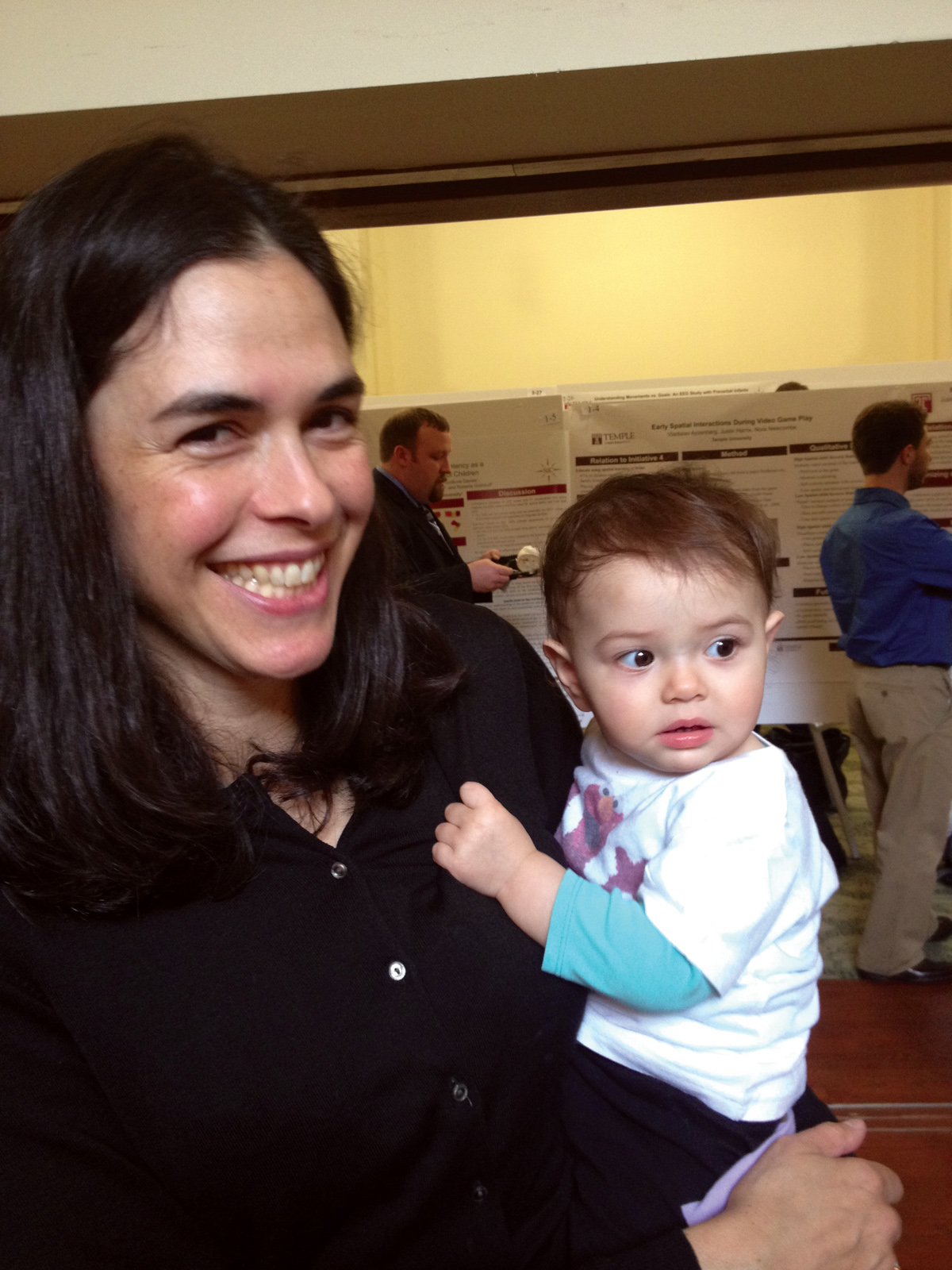
Costume Institute’s “Superfine: Tailoring Black Style” inspired by professor’s research

In May, 678 members of the Class of 2019 (our largest ever) crossed the stage at Radio City Music Hall, posed for photos, and headed off to take on the world as newly minted Barnard alumnae. In many ways, that ceremony, coupled with the Columbia University commencement two days later, marked the culmination of their college years. And if the shouts of “We did it!” are any indication, some graduates see graduation as an end point.
That sentiment is understandable. But I would argue, and time will show, that the learning that happens at Barnard has a long and lasting ripple effect.
We see it throughout our community. Take Reunion, for example, which brought more than 1,200 alumnae to campus. Over the course of the weekend, in panels and workshops, award presentations and casual conversations, stories were shared about life after Barnard. In so many cases, that life is a direct reflection of the learning that happened here.
The Class of 1937’s Shirley Adelson Siegel is a stunning example of the longevity of learning. The oldest alumna at Reunion, she received the Barnard Medal of Distinction at Commencement and just celebrated her 101st birthday. During her junior year, Shirley took advantage of the National Youth Administration Program established under the New Deal. The New York Legislative Service applied to NYA workers, and Shirley landed a job there. She worked on housing issues, and that experience helped set the course for her stellar career as a pioneering civil rights and fair housing attorney.
It happened then, and it happens even more vigorously now. Recent grads can benefit from the Post-Baccalaureate Fellowship program that we launched last fall through Beyond Barnard to help foster the development of academic and professional career skills and ongoing learning. Take, for example, Anna Carlson ’18, Post-Bac Fellow in the Empirical Reasoning Center (ERC), which teaches students and faculty how best to understand, visualize, and use data. Carlson first went to the ERC lab for help when she was a student and eventually became head fellow as a senior. In May, she flew to a technology and data conference in Sydney, Australia, to present her paper “The First Five Years of the Barnard ERC.” She won second place and has since decided to pursue graduate studies. This past year, Beyond Barnard worked with hundreds of alumnae like Anna, from recent graduates to those who graduated decades before. (To learn more, please visit barnard.edu/beyond-barnard.)

Our faculty are another huge part of this lifelong learning equation — putting research into practice and connecting learning at Barnard with life after Barnard — and they will have even more support for their efforts as a result of a recent grant from the Andrew W. Mellon Foundation. Mellon has awarded the College $1 million to launch the Public Engagement Initiative (PEI), which, over the course of six years, will enable long-term collaborations between Barnard faculty and partner organizations in New York City. PEI collaborations, focused on immigration, poverty, and labor rights, will give Barnard students a chance to work with (and learn from) our neighbors on issues that impact all of our lives.
Finally, this issue of the Magazine highlights a prime example of putting research into practice, of learning by doing. Established in 1973, the Center for Toddler Development encapsulates what Barnard does best. It’s a place where ideas incubate and close interactions are seen as the surest way to learn. Our student researchers immerse themselves in a dynamic setting for children and parents and go on to expand our understanding of a critical developmental period that is often overlooked.
It’s exciting to lead this College at a time when the work we do echoes far beyond our gates. We will keep pushing the limits, and I hope you will continue to follow our progress and share your own inspiring stories of life after Barnard. •